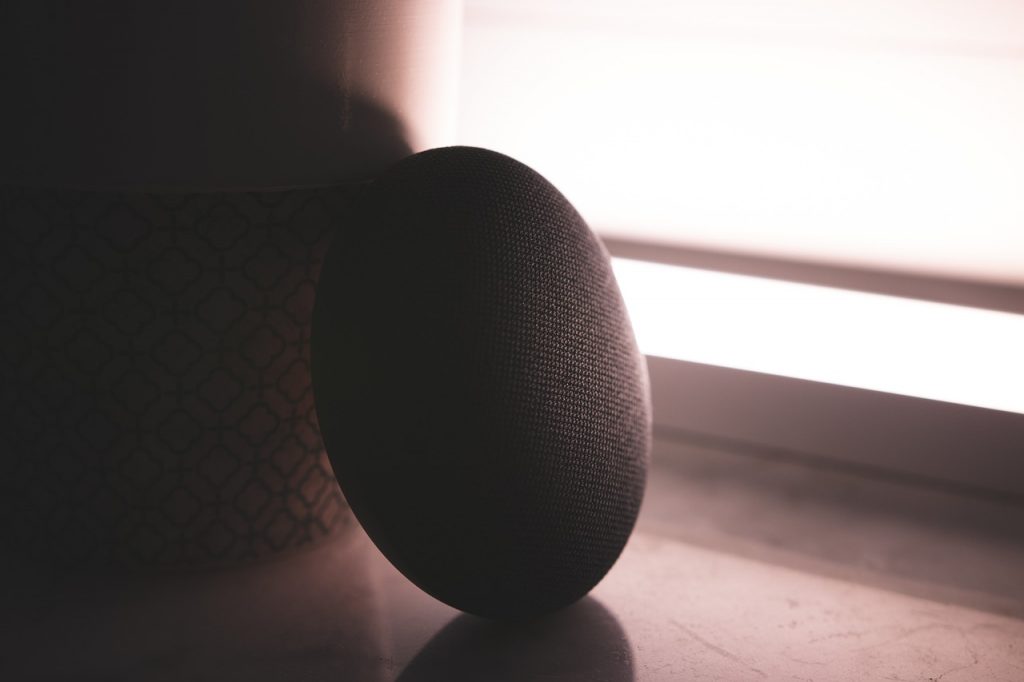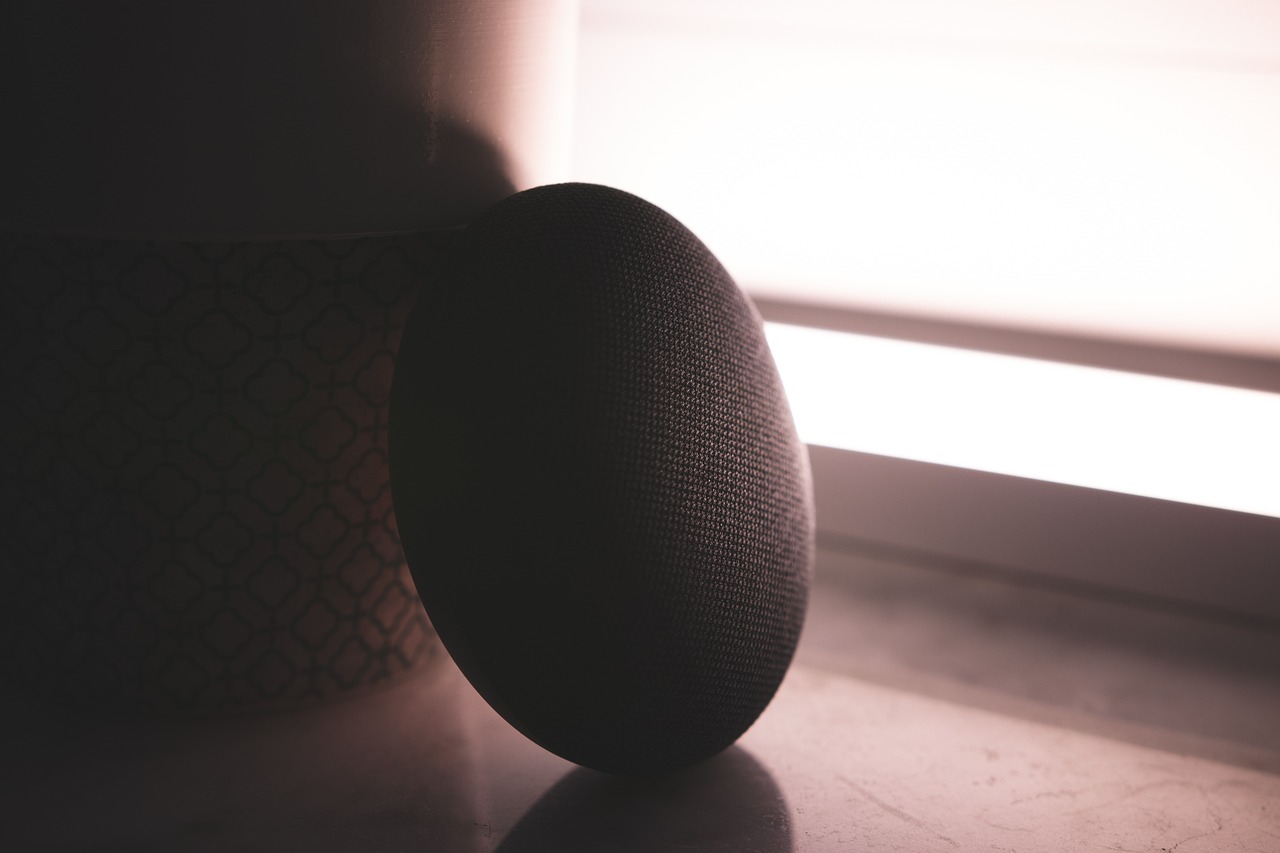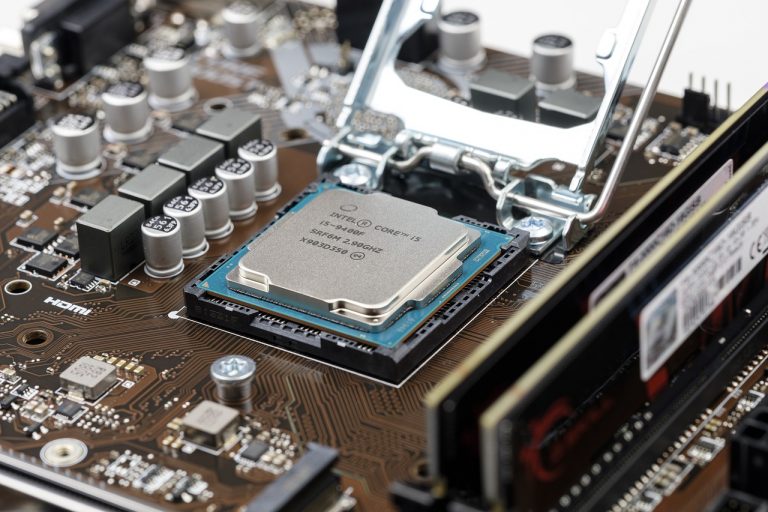The smart home revolution has taken a giant leap forward with the introduction of devices like Google Home. These advanced home assistants are reshaping the way we interact with our living spaces, offering convenience, security, and entertainment at our fingertips. In this article, we’ll delve into the various aspects that make Google Home a pivotal player in the smart home ecosystem.
Understanding Google Home
Google Home, at its core, is a smart speaker with built-in voice-controlled intelligent personal assistant capabilities. It’s not just a music player; it’s a comprehensive smart home controller. The device comes equipped with an array of features, from setting reminders and answering queries to controlling compatible smart devices within your home. Its integration with Google Assistant, an advanced AI system, sets it apart from other smart home devices.
The Impact on Daily Life
Imagine streamlining your morning routine by simply saying, “Hey Google, start my day.” Google Home can provide personalized information like weather updates, traffic conditions, and calendar events, making mornings more efficient. Moreover, it enhances home security by allowing users to control smart locks, cameras, and alarms with voice commands, providing a new layer of convenience and safety.
Google Home vs. Competitors
To truly understand the prowess of Google Home, a comparative analysis with its competitors is crucial. Examining its unique selling points, such as a vast knowledge base and seamless integration with Google services, reveals why many users prefer it over other smart home devices.

AI and Machine Learning Integration
Google Home’s intelligence is not static; it evolves over time. The integration of AI and machine learning allows Google Assistant to adapt to users’ preferences, providing more accurate and personalized responses as it learns from daily interactions. This continuous improvement sets Google Home on a trajectory of perpetual enhancement.
Privacy Concerns
As with any smart device, privacy concerns loom large. Addressing these concerns head-on, Google has implemented robust data security measures and user controls. Users can manage their privacy settings and control the information shared with Google Home, ensuring a balance between convenience and data protection.
Setting Up and Personalizing Google Home
One of the standout features of Google Home is its user-friendly setup. The device’s ease of installation, coupled with a wide range of customization options, makes it accessible to users of all technical levels. From choosing wake words to setting up routines, personalizing Google Home is a breeze.
Compatibility with Third-Party Apps
Google Home doesn’t operate in isolation; it thrives on collaboration. Its compatibility with a multitude of third-party apps expands its functionality, turning it into a central hub for various smart home devices. Ecosystem partnerships further cement its position as a versatile and inclusive smart home assistant.
Google Home in Entertainment
Beyond its practical applications, Google Home adds a layer of entertainment to daily life. Controlling media devices with voice commands, recommending movies, and even providing interactive experiences, Google Home transforms mundane moments into engaging ones.
Future Developments and Innovations
As technology advances, so does Google Home. Anticipated updates and market trends indicate a promising future for this smart home assistant. The integration of new features and expanded compatibility will likely keep Google Home at the forefront of the smart home revolution.

User Experiences and Testimonials
Real-world experiences often speak louder than technical specifications. Hearing success stories and learning about the positive impact Google Home has had on users’ lives provides valuable insights into its practical benefits.
Challenges and Solutions
No technology is without its challenges. Exploring common issues users may face and offering practical solutions ensures a smoother experience for Google Home users.
Google Home in Business Environments
The utility of Google Home extends beyond residential spaces. Examining how it integrates into workplace environments and enhances productivity sheds light on its potential in various settings.
The Global Reach of Google Home
Google Home’s adoption rates worldwide and its cultural impacts paint a picture of a device that transcends geographical boundaries, becoming a global phenomenon.
Conclusion
In conclusion, Google Home stands as the next frontier in smart home assistance, offering a comprehensive and intelligent solution for modern living. Its impact on daily life, integration with cutting-edge technologies, and global reach make it a pivotal player in the ever-expanding world of smart home devices.
FAQs
- Is Google Home compatible with all smart devices?
- Google Home is compatible with a wide range of smart devices, but compatibility may vary. Check the official compatibility list for details.
- How does Google Home prioritize user privacy?
- Google Home prioritizes user privacy through robust data security measures and customizable privacy settings that allow users to control the information shared.
- Can Google Home be used in business settings?
- Yes, Google Home can be integrated into business environments to enhance productivity and streamline tasks.
- How often does Google Home receive updates?
- Google Home receives regular updates to introduce new features, enhance performance, and address any issues. Updates are rolled out periodically.
- What sets Google Home apart from other smart home devices?
- Google Home’s seamless integration with Google services, vast knowledge base, and continuous learning capabilities set it apart, offering a unique and personalized user experience.














+ There are no comments
Add yours